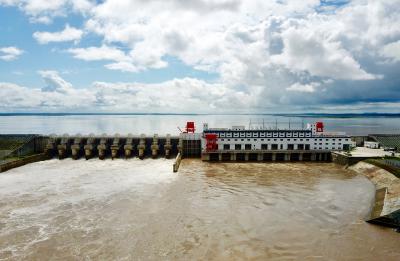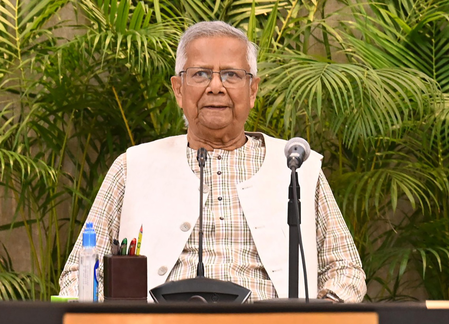
Seoul, May 15 (IANS) A trade ministers’ meeting of the Asia-Pacific Economic Cooperation (APEC) member economies kicked off on Thursday on South Korea’s southern resort island of Jeju to discuss challenges facing global trade, with many bilateral meetings held on the sidelines highlighting the countries’ efforts to address such issues stemming from growing trade protectionism.
The APEC Ministers Responsible for Trade (MRT) Meeting will be held through Friday at the International Convention Center in southern Jeju, under the theme “Building a Sustainable Tomorrow: Connect, Innovate, Prosper,” according the Seoul’s Ministry of Trade, Industry and Energy.
Top trade officials from the 21 APEC members are taking part in the two-day event, as well as senior officials from the World Trade Organization (WTO) and the Organization for Economic Cooperation and Development (OECD), reports Yonhap news agency.
Soon after its start, the venue for the APEC ministers’ meeting bustled with a series of bilateral meetings as many major APEC member countries, including South Korea, Japan and China, are currently undergoing trade negotiations with Washington over U.S. President Donald Trump’s sweeping tariff measures.
South Korean Trade Minister Cheong In-kyo was set to hold talks with US Trade Representative (USTR) Jamieson Greer later Thursday on the sidelines of the MRT meeting. The scheduled meeting follows Greer’s bilateral talks with China’s top trade envoy, Li Chenggang, held earlier Thursday.
A separate one-on-one meeting between the USTR and South Korean Minister of Trade, Industry and Energy Ahn Duk-geun is planned for Friday.
Greer’s meetings with South Korean officials come after their countries agreed in Washington last month to craft a “package” deal on tariff and other economic cooperation issues by early July, when the 90-day pause on the Trump administration’s country-specific reciprocal tariffs, including 25 percent duties on South Korea, will end.
Seoul has proposed expanding bilateral cooperation in the shipbuilding and energy sectors as part of efforts to lower U.S. tariffs on Korean goods, according to government officials.
–IANS
na/




